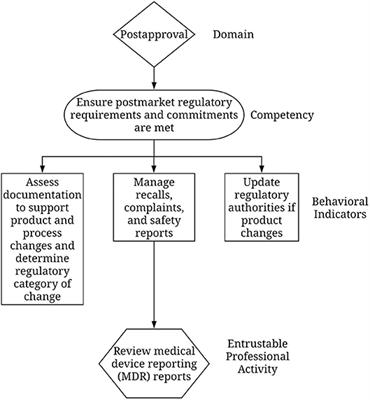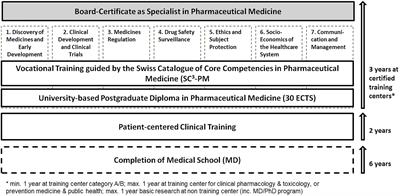EDITORIAL
Published on 13 May 2021
Editorial: Grand Challenges in Pharmaceutical Medicine: Competencies and Ethics in Medicines Development
doi 10.3389/fphar.2021.666406
- 1,657 views
- 1 citation
12k
Total downloads
61k
Total views and downloads
EDITORIAL
Published on 13 May 2021
CORRECTION
Published on 08 Feb 2021
PERSPECTIVE
Published on 29 Oct 2020

PERSPECTIVE
Published on 19 Mar 2020

MINI REVIEW
Published on 25 Feb 2020

PERSPECTIVE
Published on 15 Jan 2020
PERSPECTIVE
Published on 21 Mar 2019

PERSPECTIVE
Published on 19 Mar 2019

REVIEW
Published on 08 Mar 2019

PERSPECTIVE
Published on 05 Mar 2019

PERSPECTIVE
Published on 27 Feb 2019

REVIEW
Published on 16 Oct 2018
